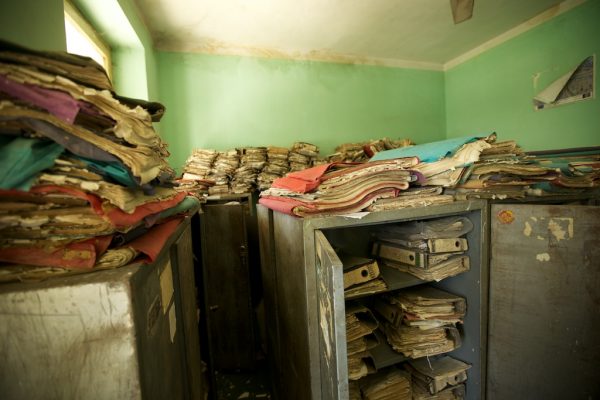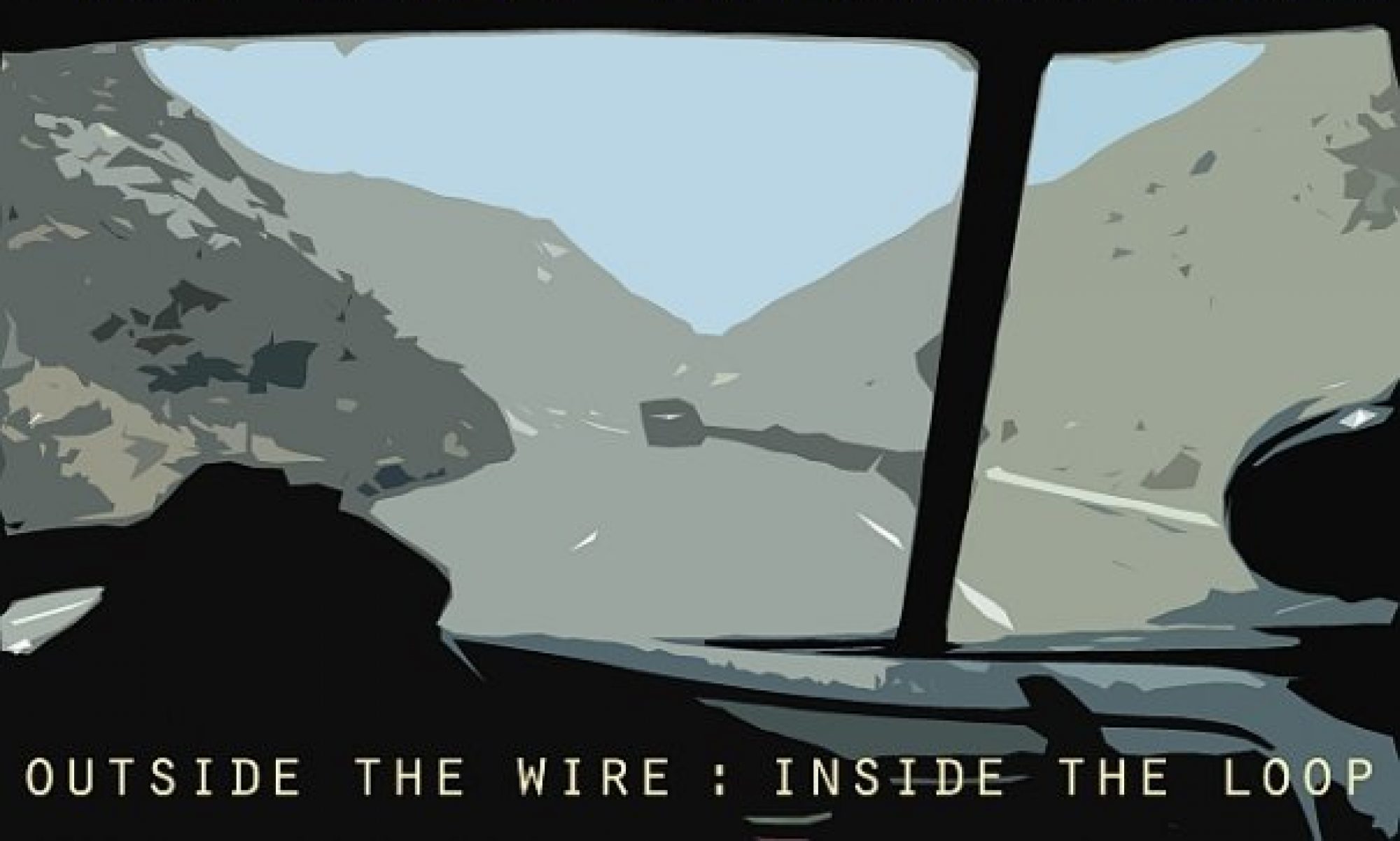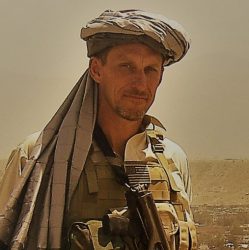Two news items popped up yesterday that are certainly good, possibly great. The first was the release of two American University professors, one American, the other Australian; who were kidnapped in 2016. The other is the apparent mass surrender of Daesh (ISIS-K) fighters to the Afghanistan Security Forces.
The always reliable Mohammad Jawad (a.k.a. JD) of DPS reported:
US citizen Kevin King and Australian Timothy Weeks were released by the Taliban on Tuesday, three years after being kidnapped, as part of a prisoner-swap deal.
The two professors were taken by the Taliban in August 2016 on their way home from the American University of Afghanistan, where both taught.
They were freed in exchange for the release of three senior Taliban members being held by the Afghan government.
Earlier in the day, I had the chance to ask JD about the Daesh story when we were chatting on Messenger. He told me he had heard the story is true, but he could not verify it with sources in Nangarhar. Shortly after signing off, I received a phone call from a former Jalalabad colleague (who is still in Jbad). He said that the word in Jbad is that the Daesh have quit the battlefield en masse and are asking for Melmastia (the Pashtunwali requirement of hospitality and profound respect for all visitors, without any hope of remuneration or favor) from the central government.
That is precisely how the Daesh, who were Pakistani Taliban trying to get away from the Pakistan Army operations Khyber 1 and 2, ended up in the Achin district of Nangarhar province in the first place. In Afghanistan, nothing is easy to plan, be it military campaigns, infrastructure development projects, or a program to welcome former combatants. Those types of plans do not survive contact when implemented. Afghans just don’t work that way, but somehow, when left alone, they will reach a compromise that all interested parties can live with.
Plus, there is this:

The government is not in a position to effectively give away land in Nangarhar Province. I imagine Kabul will want to spread non-Afghan Daesh fighters out in marginal, thinly populated areas, not near the country’s most important border crossing (Torkham). But who knows? It will be interesting to see how this plays out.
My prediction has been that the Daesh in Nangarhar would be destroyed as soon as the Taliban (who have wiped them out once before, as noted in this excellent post) were allowed to have at them. The Daesh (ISIS K) was never a real threat because the Afghan people are tired of dealing with radical Sunni orthodoxy and the militants who force it on them. They like to smoke cigarettes, and occasionally they enjoy getting drunk too. Vat 69 Scotch (brewed in Rawalpindi, Pakistan) and Cossack Vodka (brewed in Quetta, Pakistan) are always available, as is The Green Meanies (Heineken in the can). Alcohol is not used as a social lubricant in Central Asia, and it is haram (as well as illegal), which is why you don’t hear much about it, but it’s there and no big deal to your average Afghan.
Although I never felt the Daesh a legitimate threat to Afghanistan or the United States, they have destabilized Nangarhar Province to the point that I’m getting panicked phone calls from Jalalabad City. Only once in the last seven years have I received a call from J-bad, and that was about the death of my friend Hedayatullah Zaheer Khan (Zee). Zee had been killed in a Daesh bombing of an Eid Cricket Tournament he had organized. This time, the call was about employment verification certificates and letters of support for a half dozen former colleagues’ Special Immigrant Visa (SIV) applications. These requests are from Pashtuns who had intended to stay in Afghanistan for the duration. The rise of Daesh in the province has unnerved them (to put it mildly).
I’m not too optimistic about the chances of my former colleagues getting SIVs. I’ve sent notarized statements verifying their employment with me and their faithful service implementing multiple aid projects in the province. I’m trying to get the corporate headquarters from the agencies I worked for to send verifications, but they never even had records of local employees in Afghanistan. That seems to be a dead end.
To say I hope this news about Daesh is true would be an understatement. The prisoner swap is another indicator of progress in getting the Taliban and the government in Kabul to start talking. At some point, the Trump administration is going to try for another deal, and the next time around, I believe the players understand they need to stick to the terms they agreed to with the President, or he’ll drop the deal like a hot potato. That’s as strong a negotiation position as we have seen in a long time.


